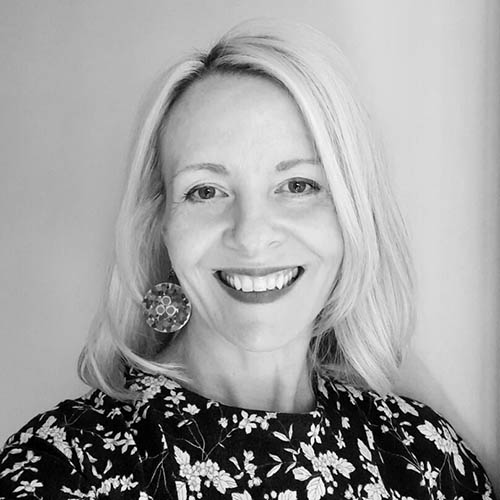Dolma Gunther

Dolma has at various times worked as a project manager, lawyer, editor, and film director. She grew up in a small university town in rural Australia. Her parents, both English literature academics, brought their four daughters up immersed in Buddhist thought and Eastern philosophy. Her first meeting with a Khyentse was in 1979, when Beru Khyentse Rinpoche stayed and taught in her family home. She became a student of Jigme Khyentse Rinpoche in 1993, and of Dzongsar Khyentse Rinpoche in 1994. As part of her master’s degree in Anthropology, she studied Tibetan while at the University of Washington, and later at the Manjushree Institute in Darjeeling in 1997.
From 1998 to 2002, Dolma completed a traditional three-year retreat at Chanteloube, in the Dordogne. After retreat, she undertook a law degree at the University of Sydney, and subsequently worked as a litigation lawyer, and then as a senior editor and writer for Thomson Reuters for seven years. She was on the board of Lotus Outreach Australia for four years as governance officer and fundraising director. She is the director and founder of Happy Dance Films, for which she directed the award-winning short film Finding Manjushri. Recently, she also helped co-found a grassroots environmental activism group which advocates for regulatory best practice to protect biodiversity, climate and water resources in Australia.
In early 2020, Dolma was overjoyed when, under the auspices of Dzongsar Khyentse Rinpoche, Khyentse Foundation adopted her proposal to initiate the Khyentse Vision Project. Since then, she has been working in a multitude of capacities, and across multiple time-zones, to bring this project into being and to ensure it develops in the most efficient and auspicious way possible.
Dolma currently lives in a small beachside hamlet in Australia with her husband and two cats. When she isn’t working, she designs earrings, plays the cello, and is making a documentary on the nature of authenticity and the role of unconventionality in the Vajrayana teacher-student relationship.
